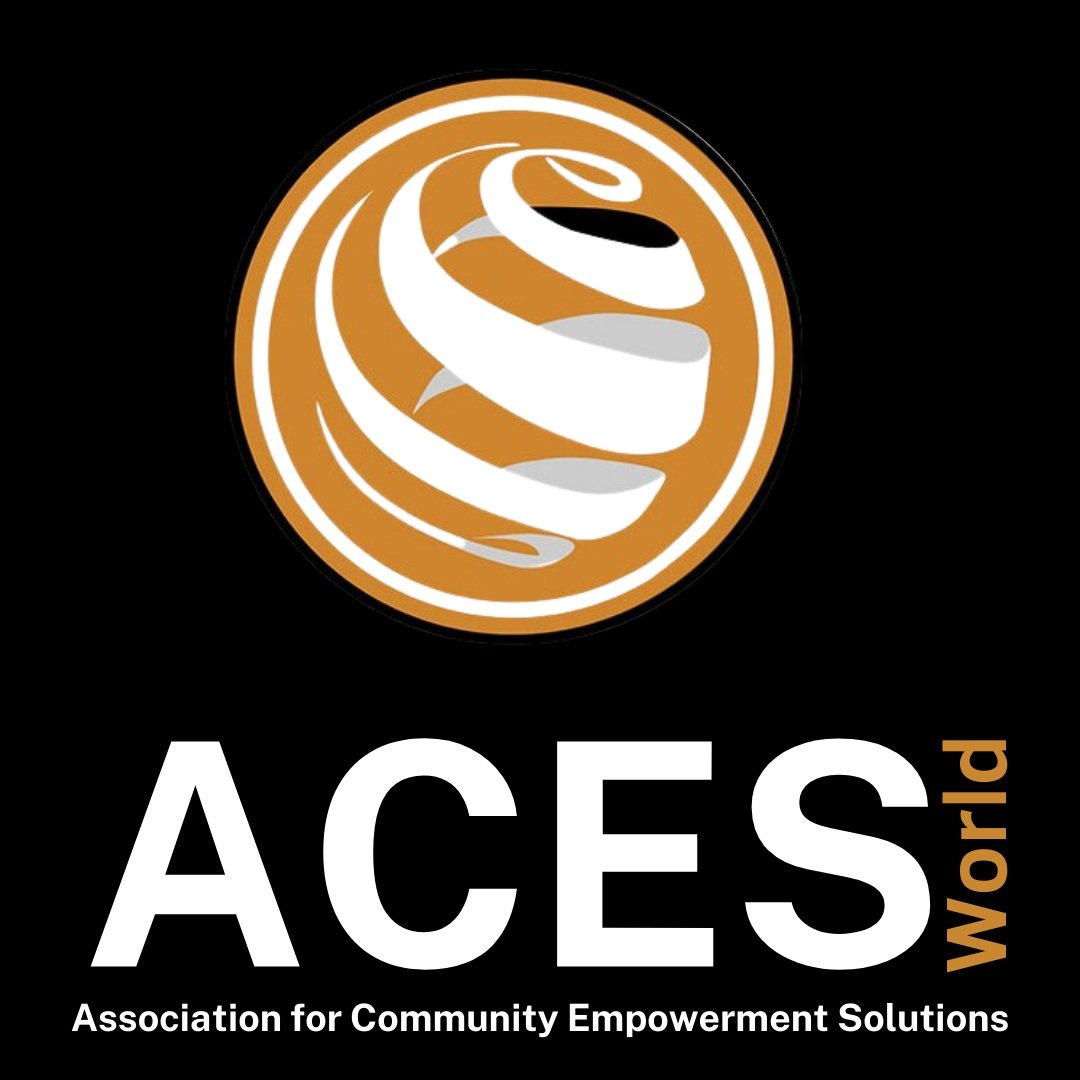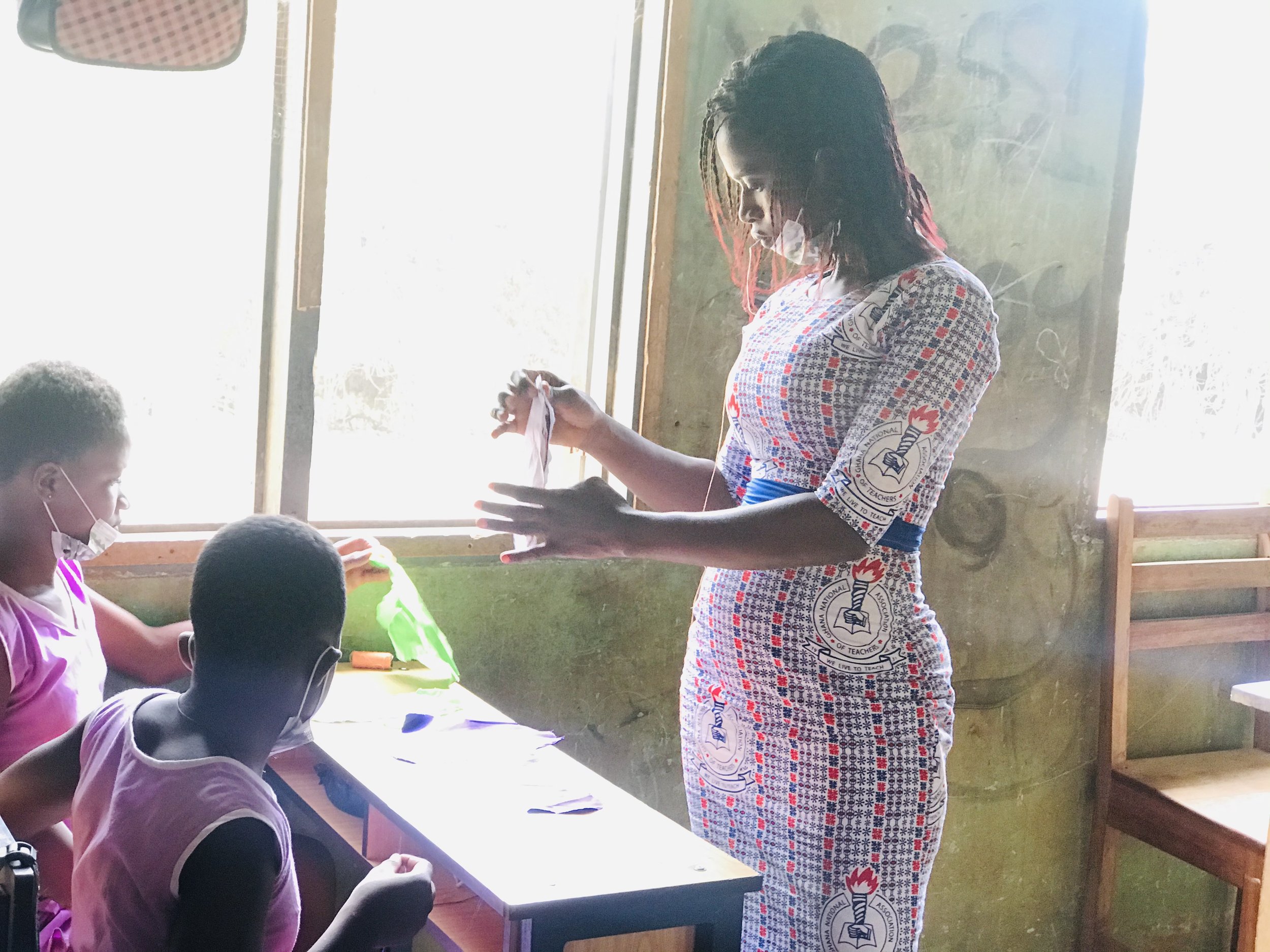Navigating Sexual Health
During ASK4Girls Club, girls are taught how to make reusable sanitary pads.
By Davonna Tucker
Sexual and reproductive health and rights education is vital in empowering girls with the knowledge they need to navigate their sexual lives responsibly. During ASK4Girls Club meetings, girls learn to make informed decisions. They discuss gender, condom use, problem-solving strategies, human anatomy and physiology, and learn how to build a resiliency plan.
Consistent condom use among sexually active adolescents and young adults is of paramount importance for sexual health (Widman et al., 2014). The use of condoms can sometimes be stigmatized or misunderstood, which is why sessions address common misconceptions about condoms and provide girls with accurate information about condom use and effectiveness. In addition to condom use, learning about human anatomy and physiology assists young girls in developing a comprehensive understanding of healthy decision-making. Body image comprises not only how individuals think, feel, and behave with respect to their physical appearance, but also with respect to their body functionality (Abbott & Barber, 2010). I believe when adolescent girls understand that their bodies are normal and capable of various functions, it can help empower girls to embrace and appreciate their bodies more. Understanding female anatomy can also empower girls to make informed decisions about their reproductive health. When equipped with knowledge about fertility, contraception, and sexually transmitted infections, girls can make choices that align with their values, preferences, and goals.
Many young individuals living throughout Sub-Saharan Africa face the risk of HIV, sexually-transmitted infections (STIs) and unintended pregnancy (Biddlecom et al., 2007). Since 2010, the decline in new HIV infections has been much faster among adolescent boys and young men (56%) than among adolescent girls and young women (39%). (UNAIDS, 2022). I believe in order to address these issues, it is crucial to continue to educate and empower girls about the benefits and importance of consent, condom use, and how to communicate their boundaries with their partners. An ASK4Girls Club survey provided during this session revealed that 88% of girls chose to discuss safe sex with their partner “well ahead of sex” and 54% of girls chose that communities support norm changes to protect womens’ and girls’ rights “is a problem we can solve”. The results showed that the girls responded positively to the information provided and welcomed support from their peers.
By implementing comprehensive sexual education and fostering supportive environments, ASK4Girls Clubs emphasized the importance of informed decision-making, consent, and healthy relationships. Empowering girls with accurate information and the tools to protect their sexual health can contribute to well-being and a healthier future for girls enrolled in ASK4Girls Club locations.

